Managing hot sweats and fatigue with hormone therapy
Information and resources to manage two common hormone therapy-related side effects
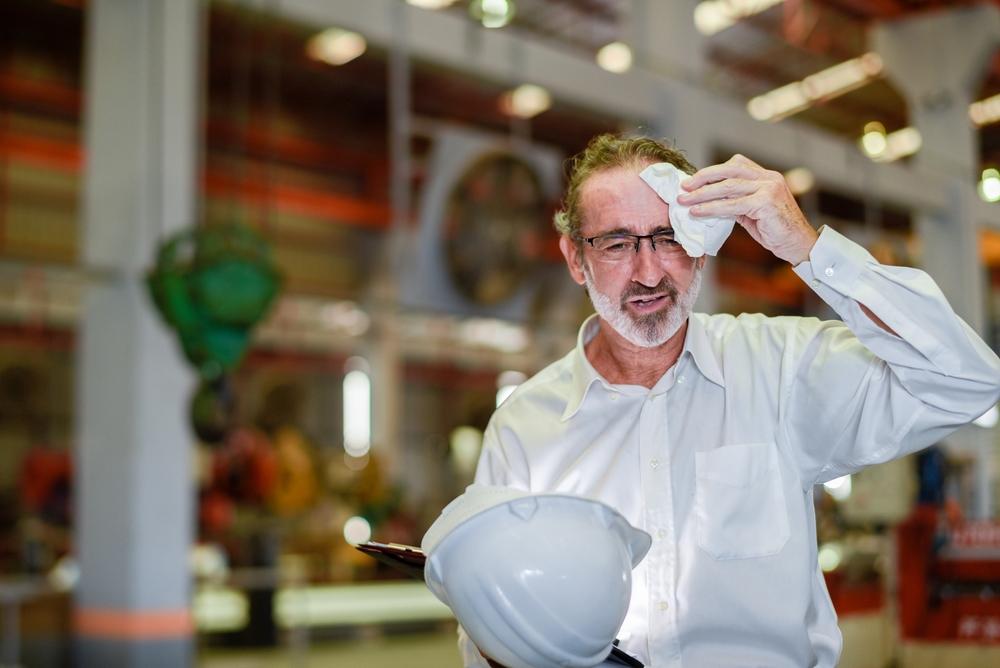
 Hot sweats
Hot sweats
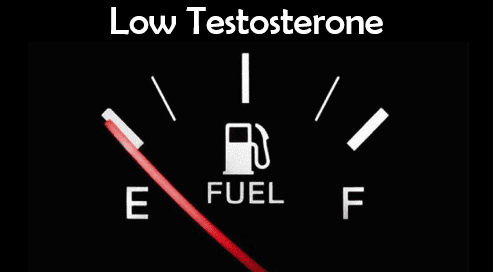
Visit our dedicated Hormone Injections page to find out more about the risks of hormone therapy injections. Link will open in a new tab.
Visit our dedicated Hormone Tablets page to find out more about the risks of hormone therapy tablets. Link will open in a new tab.
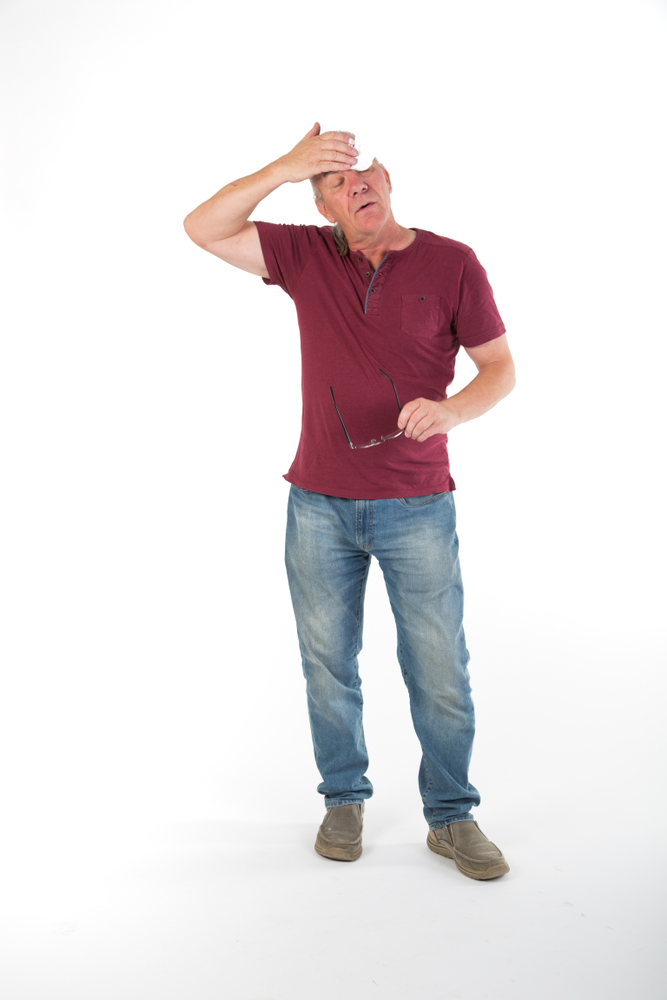
This is called having palpitations. You shpild contact 111 or 999 immediately if these palpitations:
You experience chest pain.
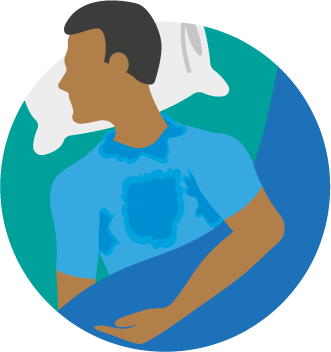
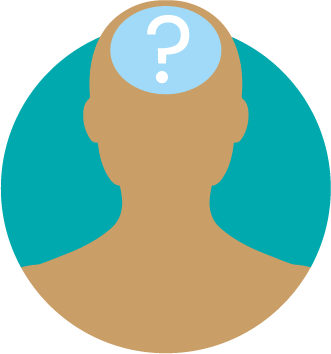
The National Institute for Health and Care Excellence (NICE) provides guidance on:
Learn more about NICE and what they do by visiting their website (link will open in a new tab).
NICE has put together guidelines for the diagnosis and management of prostate cancer. This includes:
Please note that these are just guidelines and are not a legal requirement.
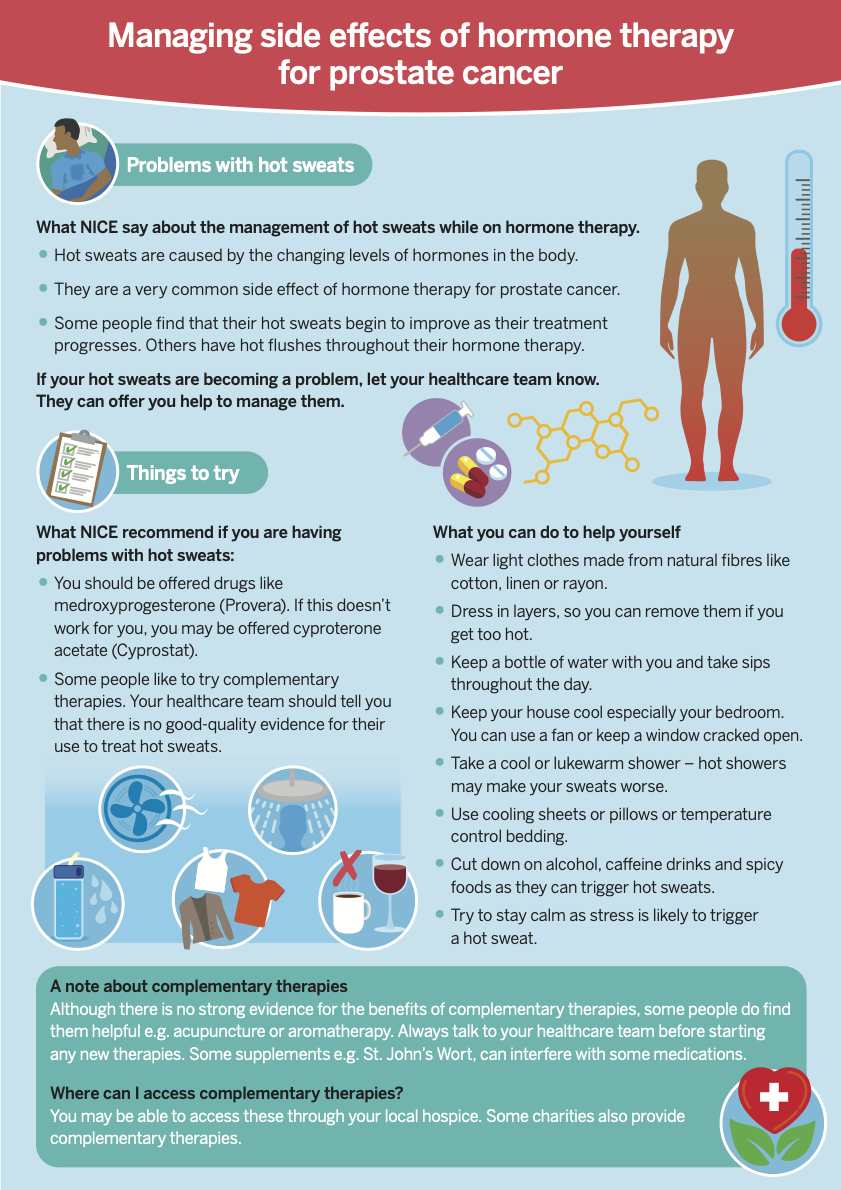
Ask your healthcare team about services available in your area.
 Fatigue
Fatigue
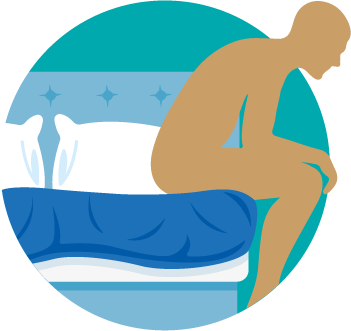
Fatigue is:
A lack of energy and motivation mentally and/or physically.
Fatigue is not the same as the tiredness you may get after staying up late or exercising too much. These are usually helped by sleep and rest.
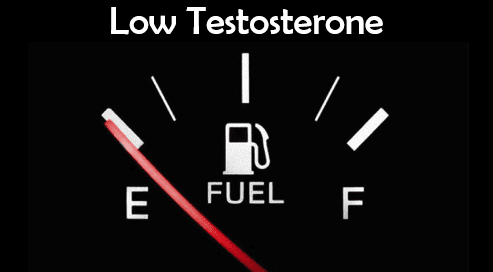
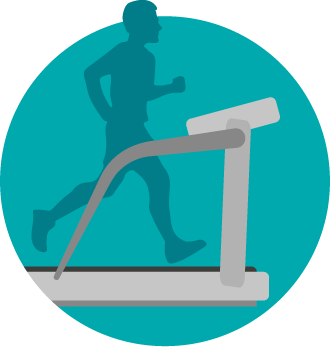
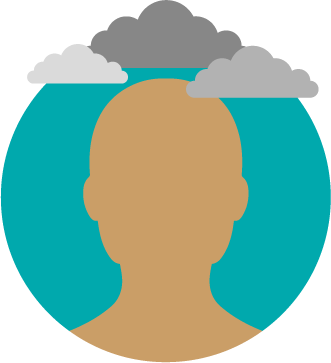
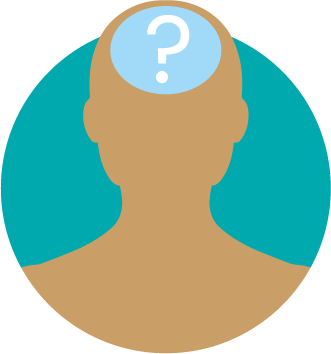
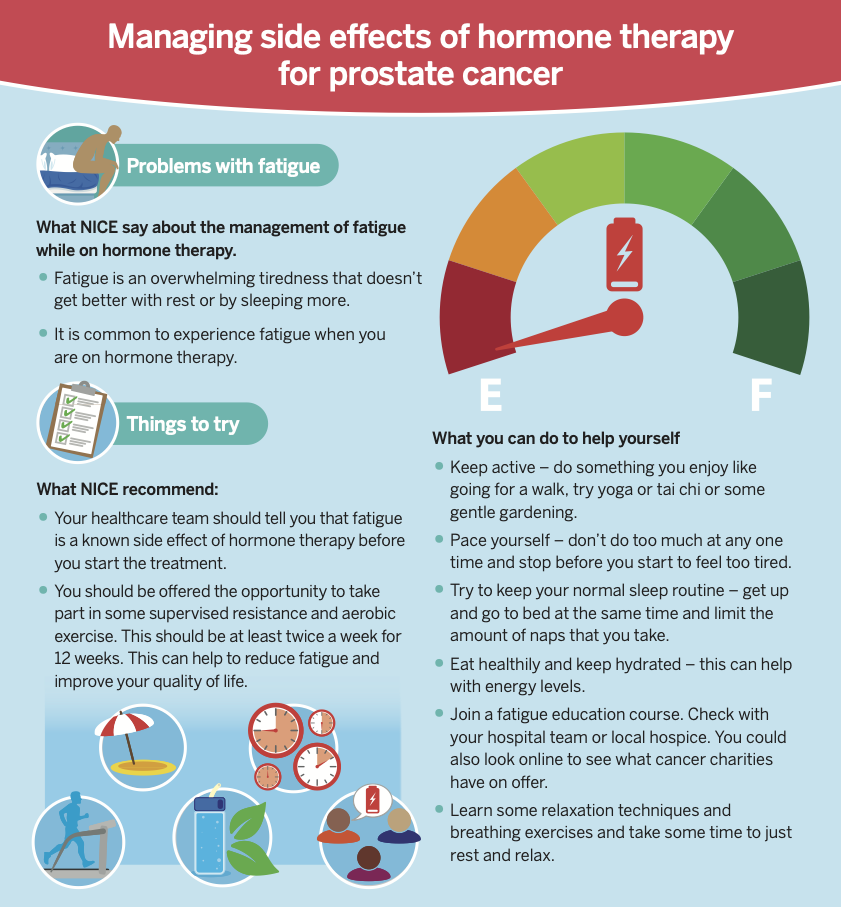
The toolkit is an information resource for people affected by prostate cancer. The development has been funded through an educational grant from Advanced Accelerator Applications (A Novartis Company).
SWAG have a fatigue support page. This explains the three types of fatigue:
It also covers fatigue management and how to access specialist support.
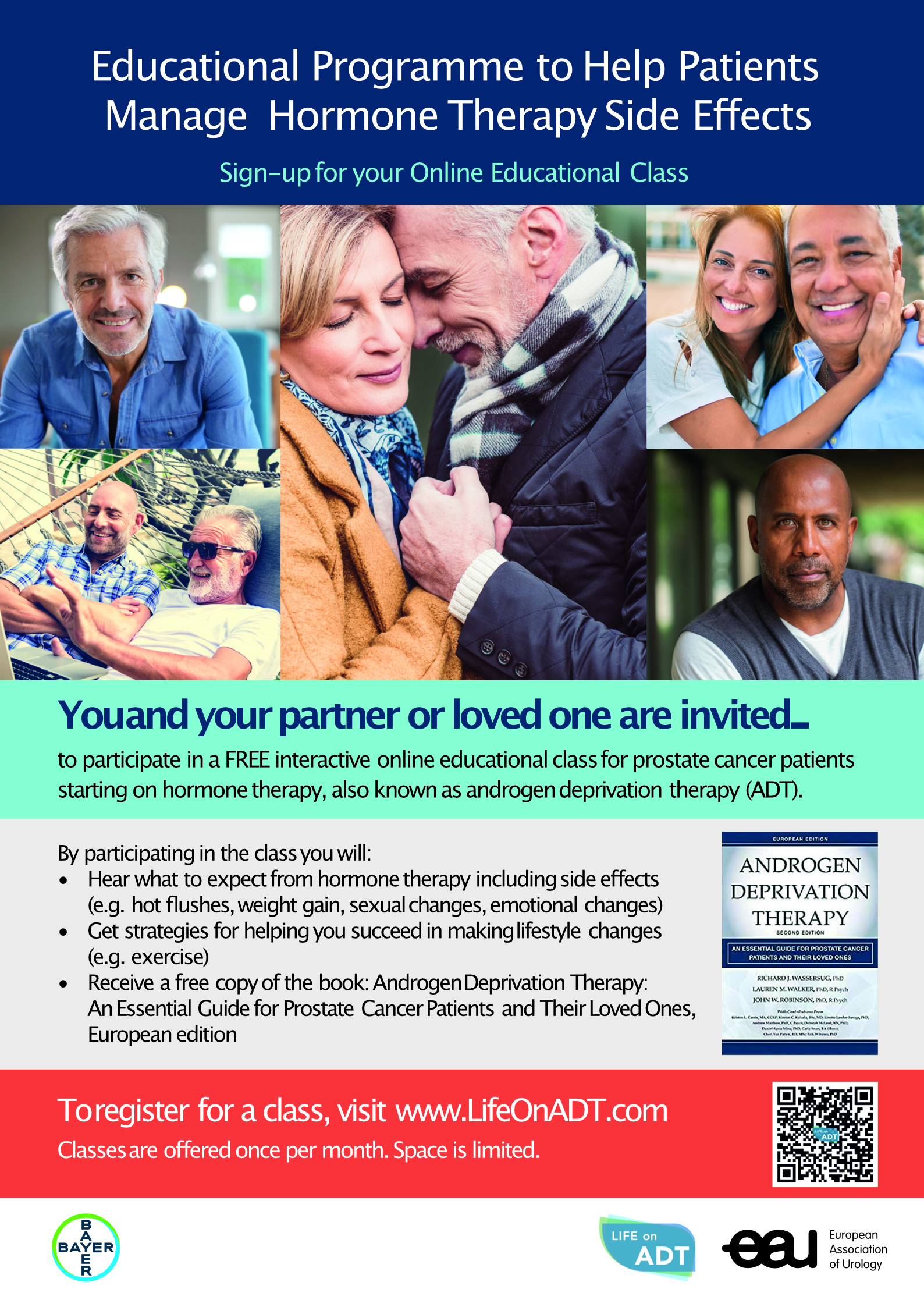
The toolkit is an information resource for people affected by prostate cancer. The development has been funded through an educational grant from Advanced Accelerator Applications (A Novartis Company).